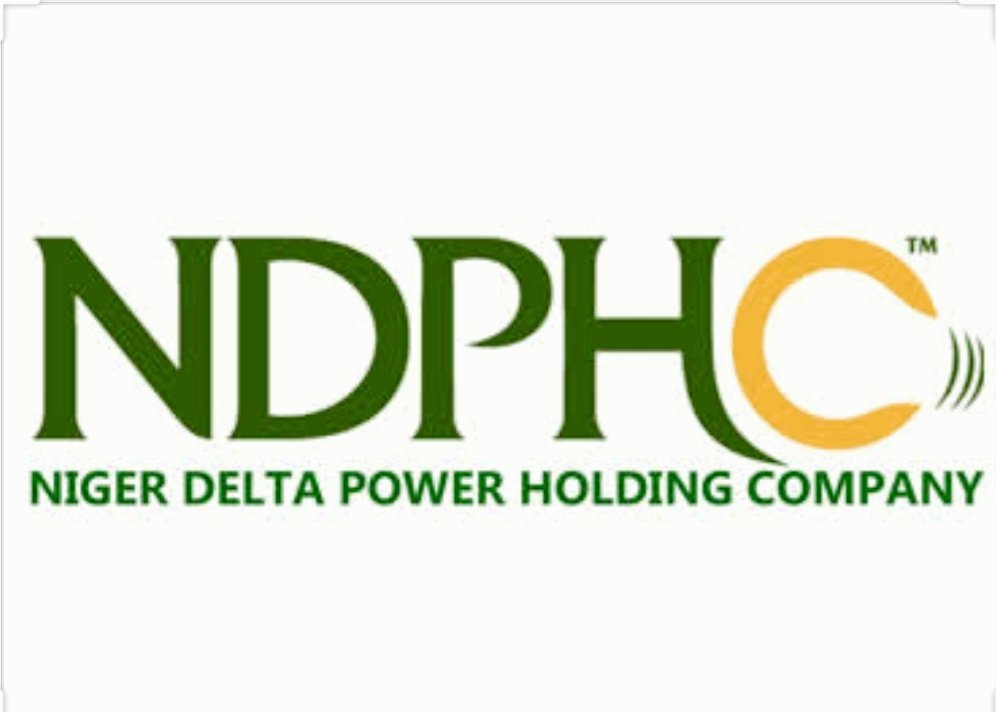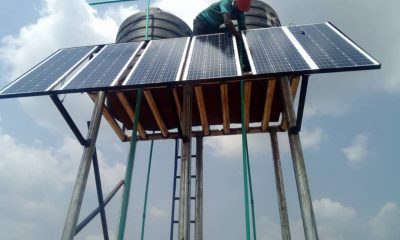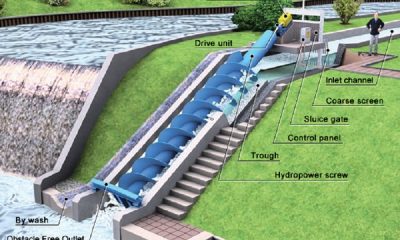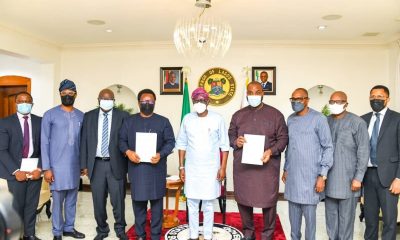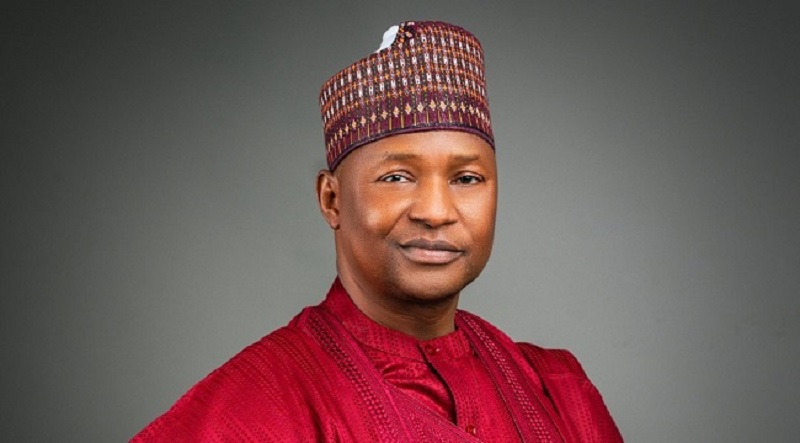While stating that the firm was also in discussion to supply another 100MW to Paradise City in Calabar, he assured Nigerians of improved power supply through the eligible customer framework.
“This is the way to go; we are working tirelessly in getting more eligible customers to ensure that this available stranded power that we have in most of the power stations are dispatched.
“More especially, most of the power stations that we have in NDPHC today are limited in their operations because of the dispatch challenges.
“We are hardly doing the full capacity because of grid constraints but with the eligible customers’ framework we are able to commence some serious drive and engagements with willing buyers of our power,” he said.
The NDPHC boss said that the plant, wholly owned by NDPHC under the Nigerian National Integrated Power Project (NIPP) programme, had five units Gas Turbines with a total designed capacity of about 600MW.
He described the plant as one of the best amongst NDPHC plants with uninterruptible gas availability and a good dispatch network.
The executive director explained that the inspection was part of the routine maintenance done on all power stations.
He said when all three units are firing, the Calabar power plant has a total capacity of 560MW available power for dispatch.
Also speaking, Mr John Oyewale, Chief Operating Officer of Calabar Power Plant explained that the plant had remained the best through the support of NDPHC management and the operation and maintenance team.
“Even though there are lots of challenges, we are able to surmount them because of the cooperation between NDPHC and us.
“With the experience, we have gained over time from other power plants, we are able to keep the plant going because of the existing cooperation in the Operations and Maintenance team,” he said.
He thanked the company’s management for supporting the team, saying “each time we want something from them they quickly get it to us and allow us to progress”.
Mr Oyewale said that at the time of the inspection when two units were working, the plant was sending 225MW to the national grid due to frequency control.

